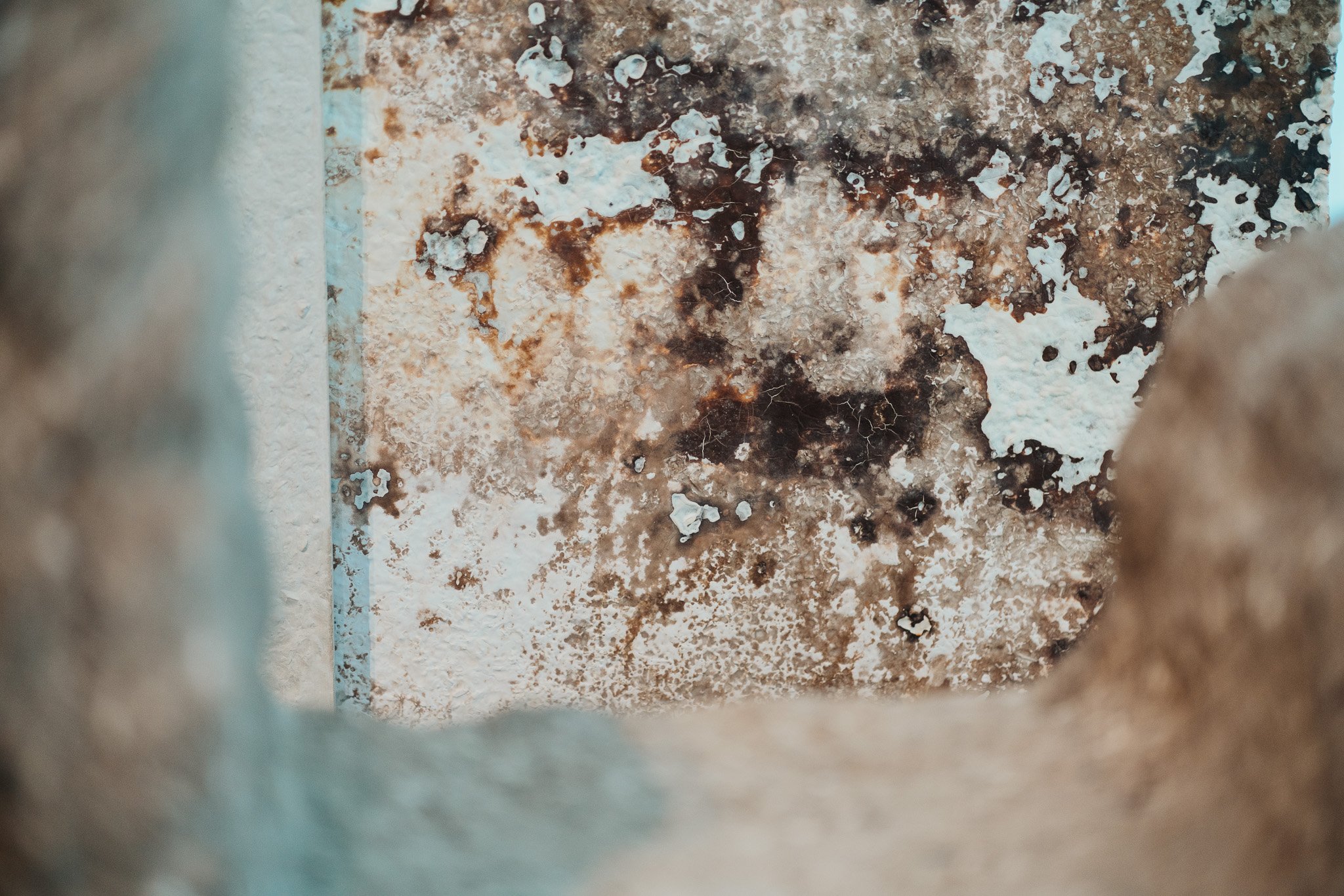Black Mold Exposure: Symptoms, Risks & Treatment
Introduction
Black mold is a type of fungus that can trigger an immune response and cause allergy symptoms. It commonly appears in damp or water-damaged areas of your home and can worsen asthma symptoms. While black mold rarely causes serious illness or death, it is important to properly diagnose and treat the symptoms. In this article, we will explore the symptoms, risks, and treatment options for black mold exposure.
Symptoms of Black Mold Exposure
Black mold can produce spores that enter the air, leading to allergies and irritation. Common symptoms of black mold exposure include:
- Sneezing
- Coughing
- Nasal congestion
- Postnasal drip
- Red eyes
In some cases, black mold exposure can trigger or worsen asthma symptoms, such as:
- Wheezing
- Shortness of breath (dyspnea)
- Dry cough and chest tightness
Risks and Health Effects
While black mold is not inherently more dangerous than other types of mold, it can still affect individuals with mold allergies. Additionally, those with respiratory conditions like asthma or chronic obstructive pulmonary disease (COPD) may experience heightened symptoms in the presence of black mold. People who spend a significant amount of time around black mold or have compromised immune systems are also at an increased risk.
If you have black mold allergies, your body may develop an allergic reaction upon exposure, releasing chemicals that cause inflammation in your nose, eyes, and lungs. This can result in immediate allergy symptoms and ongoing inflammation.
Treatment Options
If you suspect black mold exposure or experience symptoms related to it, it is important to seek medical attention for proper diagnosis and treatment. A healthcare provider, typically an allergist, can help diagnose a black mold allergy through tests such as skin prick tests. They will expose your skin to small amounts of black mold allergens and observe your body's reaction.
While there is no cure for black mold allergies, treatment options aim to alleviate symptoms. These may include:
- Over-the-counter antihistamines to reduce sneezing, itching, and runny nose
- Nasal corticosteroids to relieve nasal congestion and inflammation
- Eye drops to alleviate eye irritation and redness
- Prescription medications for severe allergy symptoms or asthma
- Allergy shots (immunotherapy) to reduce the body's allergic response over time
Prevention of Black Mold Exposure
Prevention is key when it comes to black mold exposure. Follow these tips to minimize the risk:
- Reduce moisture in your home by fixing leaks and ensuring proper ventilation.
- Use dehumidifiers in damp areas such as basements and bathrooms.
- Clean and dry areas affected by water damage within 24-48 hours.
- Use mold-resistant products and materials in areas prone to dampness.
- Regularly clean and maintain your HVAC system and air filters.
- Keep humidity levels below 60% to inhibit mold growth.
Frequently Asked Questions
Q: Can black mold kill you?
A: While black mold is not typically fatal, it can cause severe reactions in individuals with preexisting lung conditions or compromised immune systems. Prompt treatment and preventive measures are important to minimize health risks.
Q: What are the health effects associated with mold exposure?
A: Mold exposure can cause a range of health effects, including nasal and sinus congestion, eye irritation, and respiratory symptoms like coughing and wheezing.
Q: How is a black mold allergy diagnosed?
A: An allergist can diagnose a black mold allergy through tests, such as skin prick tests, which expose the skin to small amounts of black mold allergens.
For more information, you can refer to the following sources:
- Black Mold Exposure: Symptoms, Risks & Treatment
- Mold and Your Health fact sheet
- Can Black Mold Kill You?
- Mold | CDC
- Mold Removal Services
Remember, proper diagnosis and treatment are essential for managing black mold exposure symptoms and reducing health risks.
Meta description: Learn about the symptoms, risks, and treatment options for black mold exposure. Find out how to prevent and manage black mold allergies. Be informed to protect your health.

0 Comments:
Post a Comment
Note: Only a member of this blog may post a comment.